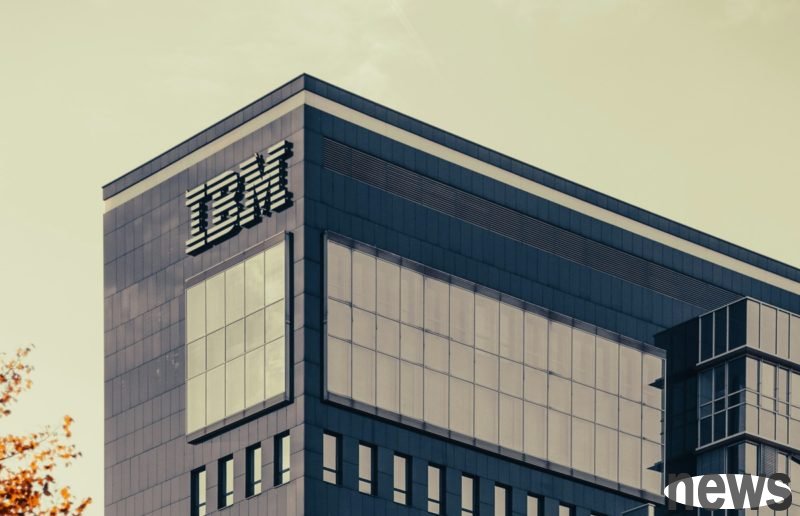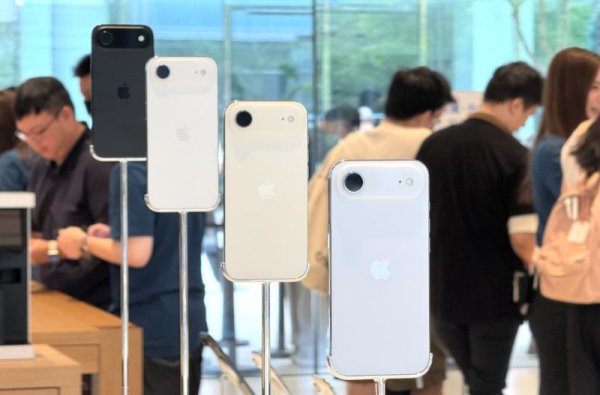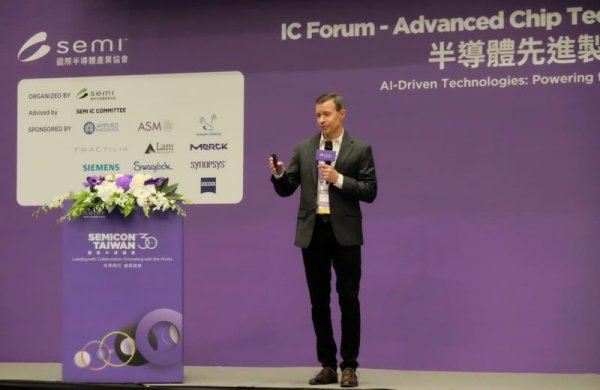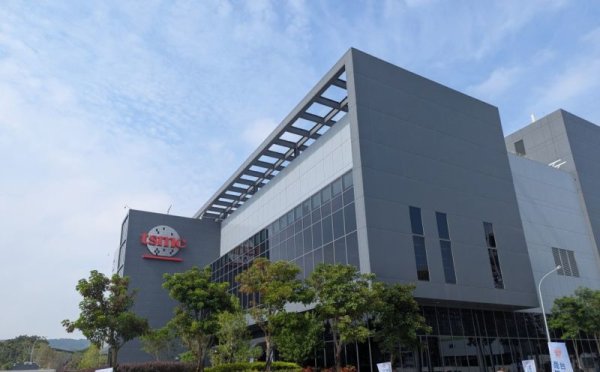IBM: Full support for Rapidus production of 2 nanometers in 27 years

Rapidus, a crystal foundry manufacturer established by Japanese officials and civilians, aims to produce 2 nanometers (nm) chips in 2027, while Rapidus partner IBM High-level was interviewed by Japanese media and said that it will fully support and allow Rapidus to successfully produce 2 nanometers in 2027, hoping to establish a long-term cooperative relationship with Rapidus.
Reading news reported on June 30, Mukesh Khare, the research and development chief of IBM's semiconductor department, said, "In order to realize the next generation of semiconductors, we hope to establish a long-term cooperative relationship with Rapidus." Rapidus is planned to produce 2 nanometers, and Khare shows a desire to continue working with Rapidus for advanced chips beyond 2 nanometers.
Khare pointed out that "the technical research and development of semiconductors is getting higher and higher. In order to realize advanced chips, cooperation with many partners such as Rapidus is necessary." Khare said that it is estimated that IBM will be able to develop semiconductors below 1 nanometer in the next few years. Rapidus may now produce semiconductors below 1 nanometer in volume in IBM.
Khare revealed that IBM sent about 10 engineers to Rapidus' Hokkaido factory, saying that "will provide full support to allow Rapidus to successfully produce 2 nanometer chips in 2027."
IBM and Rapidus announced in December 2022 that it will produce 2 nanometers in cooperation. In order to produce 2 nanometers in 2027, Rapidus sent about 150 engineers to IBM's US facilities to learn the latest technology.
Rapidus 2nm test line has been launched in April and is targeted to be mass-produced in 2027.
Taiwanese power is targeted to produce 2 nanometers in 2025. Even if Rapidsu plans to produce 2 years in 2027, it will be behind the production of 2 years. In this regard, Junyi Koike pointed out that "by using new production methods, the speed from orders to chip production and assembly can reach more than 2-3 times (of TEU). It is estimated that by shortening production time and making differences, "the improvement speed of test works (samples) is also fast, and the yield will be better and better."
Junyi Koike also revealed that he planned to produce the next-generation product "1.4 nanometer chip" after 2 nanometers. Regarding the plan after 2 nanometers, Koike Junyi said, "In the period of 2 and a half years to nearly three years, if you cannot adopt next-generation technology, you will not be able to perform."
Extended reading: Ensure advanced chip purchase Honda promotion for Rapidus



